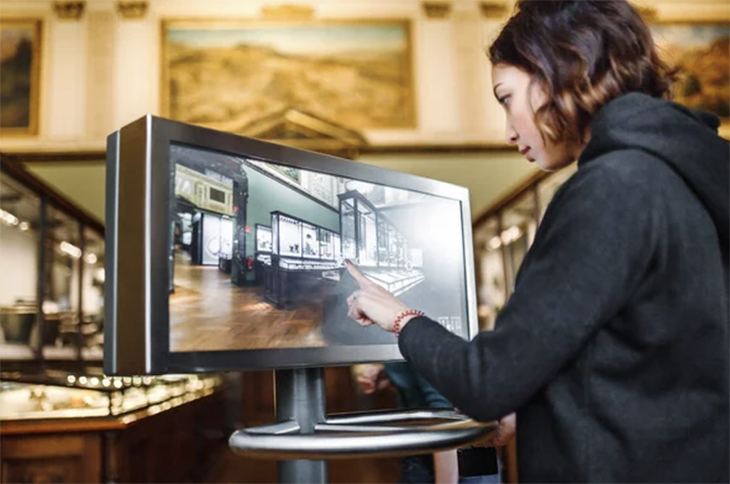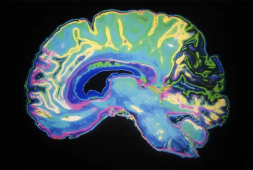
In a groundbreaking study, the potential benefits of online virtual museum trips for older individuals have come to light, suggesting a positive impact on both physical and mental well-being.
The research indicates a correlation between regular engagement in virtual museum visits and a notable reduction in frailty and cognitive decline among seniors.
Conducted in Canada, the study involved a collaboration between researchers and the Montreal Museum of Fine Arts, focusing on 106 participants aged 65 and above residing in the city. The participants were divided into two groups, with one half engaging in weekly virtual museum visits lasting 45 minutes over a three-month period.
Additionally, they participated in a 15-minute question and answer session with a museum guide at the conclusion of each visit. The other half of the participants did not partake in any cultural activities during the study.
The authors explained that the outcomes revealed that the group engaged in virtual museum visits exhibited “significant” improvements in various aspects when compared to the control group.
According to the authors, the biggest improvements were found in participants’ frailty scores, which refer to a “vulnerable condition exposing individuals to incident adverse health events and disabilities that negatively impact their quality of life and increase health and social costs.”
Specifically, there were noticeable enhancements in social isolation, overall well-being, quality of life, and frailty assessment scores. These findings indicate that the culturally enriching activity not only counteracted social isolation, a factor linked to various health complications according to previous studies but also contributed to an overall better quality of life for the participants.
Corresponding author, Professor Olivier Beauchet, from the University of Montreal expressed optimism about the effectiveness of this art-based intervention. The study was published in the journal Frontier in Medicine.
“On a global scale, this participatory art-based activity could become a model that could be offered in museums and arts institutions worldwide to promote active and healthy aging,” Prof. Beauchet said.
He adds, “Health and social systems need to address the challenge of limiting frailty and its related adverse consequences in the aging population.”
An earlier study from the same museum in 2018, called “Thursdays at the Museum,” found art-based activities can improve older people’s wellbeing, quality of life, and health.
The success of the pilot study has paved the way for a more extensive three-year multinational study aimed at further investigating the effectiveness of art-based interventions for older adults.
This collaborative effort involves the Research Centre of the Geriatric University Institute of Montreal, the Montreal Museum of Fine Arts, and the University of Montreal, culminating in the development of the Arts & Longevity Lab. The program aims to create, validate, and promote art-based interventions specifically designed to enhance the well-being of older individuals.
Prof. Beauchet explains, “Museums are aware of the need…and are consequently expanding the types of activities they offer.”



